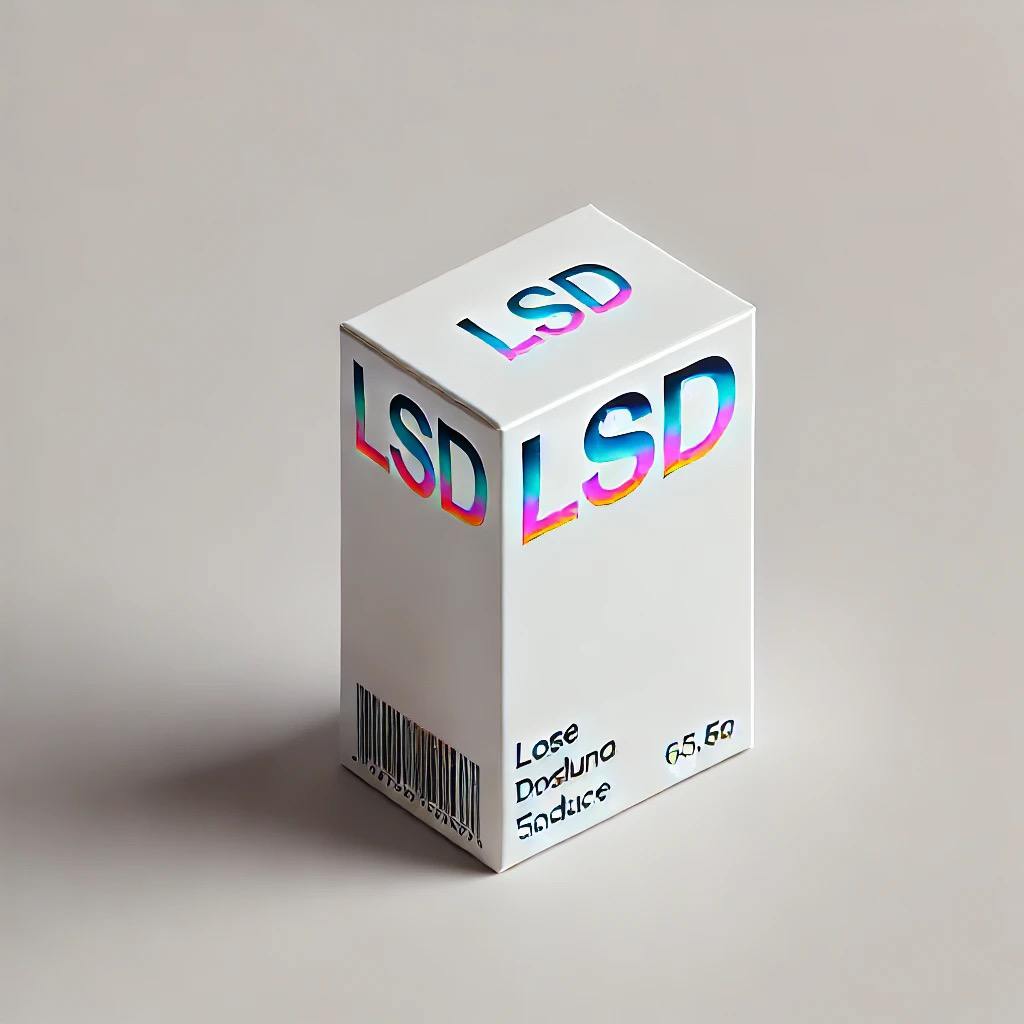If you or someone you love is struggling with drug or alcohol addiction, seeking professional help is essential for long-term recovery. Rehab programs, whether inpatient or outpatient, provide the structured support necessary to overcome addiction. However, choosing the right type of rehab—addiction treatment in Phoenix—is a significant decision that can shape recovery outcomes.
This article explores the differences, benefits, and considerations of inpatient and outpatient rehab, helping you make an informed choice that aligns with your needs and circumstances.
What Is Inpatient Rehab?
Inpatient rehab, also known as residential treatment, requires individuals to live at the treatment facility for a specified period. This immersive approach is designed to provide a highly controlled and supportive environment, minimizing distractions and triggers while focusing entirely on recovery.
Benefits of Inpatient Rehab
- Controlled Environment: Inpatient facilities create a safe, distraction-free space for individuals to focus solely on recovery. By removing access to substances and limiting exposure to triggers, patients are better able to concentrate on their treatment.
- Comprehensive Care: Inpatient programs offer 24/7 medical and emotional support, which is particularly beneficial for individuals with severe addictions or those prone to relapse.
- Medically Supervised Detoxification: Detox is often the first step in recovery and can be physically and emotionally taxing. Inpatient facilities provide medical supervision to manage withdrawal symptoms safely.
- Structured Treatment Plans: Inpatient rehab programs typically follow a rigorous daily schedule of therapy, counseling, and activities designed to promote sobriety.
Challenges of Inpatient Rehab
- Time Commitment: Inpatient programs typically last from 28 days to six months, depending on individual needs. While longer stays often result in better outcomes, the extended time away from family, work, or school can be challenging.
- Cost: The residential nature of inpatient rehab makes it more expensive than outpatient programs. However, many facilities accept insurance or offer payment plans.
- Intensity: The immersive environment can feel overwhelming for some individuals, especially those who prefer a gradual approach to recovery.
Nonprofit organizations like Native Health provide additional resources to help individuals navigate the intensity and commitment required for inpatient care.
What Is Outpatient Rehab?
Outpatient rehab allows individuals to live at home and continue their daily responsibilities while attending scheduled treatment sessions. This option is often more flexible and cost-effective, making it ideal for those with supportive home environments.
Benefits of Outpatient Rehab
- Flexibility: Outpatient programs accommodate work, school, and family obligations, making it easier for individuals to balance treatment with their daily lives.
- Cost-Effectiveness: Outpatient care is generally less expensive than inpatient rehab, making it a more accessible option for those with limited financial resources or inadequate insurance coverage.
- Access to Support Systems: Patients can maintain close connections with family and friends, which can provide emotional support and encouragement during recovery.
- Variety of Intensity Levels: Outpatient programs range from partial hospitalization programs (PHPs) to standard outpatient counseling, offering tailored care based on individual needs.
Challenges of Outpatient Rehab
- Less Supervision: The flexibility of outpatient programs means less oversight, which may not provide sufficient support for individuals with severe addictions or co-occurring mental health disorders.
- Exposure to Triggers: Living at home can increase exposure to triggers or unsupportive environments, which may hinder recovery progress.
- Limited Detox Support: Outpatient programs often lack the medical supervision necessary for managing severe withdrawal symptoms, making detox riskier for some individuals.
Organizations like Arizona Coalition for Healthcare Access offer guidance on how outpatient programs can be effectively utilized, particularly for individuals with mild to moderate addiction.
Factors to Consider When Choosing Between Inpatient and Outpatient Rehab
Selecting the most appropriate rehab program involves evaluating several factors, including the severity of addiction, personal responsibilities, and financial circumstances.
Severity of Addiction
- Inpatient Rehab: Best suited for individuals with severe addictions, frequent relapses, or co-occurring disorders that require intensive support.
- Outpatient Rehab: More appropriate for individuals with mild to moderate addictions and a lower risk of relapse.
Home Environment
- Inpatient Rehab: Provides a safe and structured space for those who lack a supportive or stable home environment. For instance, Malibu luxury drug and alcohol rehabs offer a haven for individuals seeking a transformative recovery journey that combines comfort, privacy, and expert care.
- Outpatient Rehab: Relies on the individual’s ability to maintain sobriety in their home setting, which is ideal for those with strong family or community support.
Cost and Accessibility
- Inpatient Rehab: Generally more expensive due to its residential nature and comprehensive services.
- Outpatient Rehab: More affordable and accessible, particularly for those with financial constraints.
Flexibility
- Inpatient Rehab: Requires a significant time commitment, which may not be feasible for individuals with work or family responsibilities.
- Outpatient Rehab: Offers greater flexibility, allowing patients to continue fulfilling daily obligations while attending therapy sessions.
Making the Right Decision
Deciding between inpatient and outpatient rehab depends on individual circumstances, preferences, and recovery goals. Consulting with addiction specialists can provide valuable insight into which program will best meet your needs.
Arizona’s nonprofit organizations, such as Empact Suicide Prevention Center, offer counseling and resources to help individuals and families evaluate their options and make informed decisions.
A Holistic Approach to Addiction Recovery
Rehab is just one component of the recovery journey. Both inpatient and outpatient programs emphasize holistic care, addressing the physical, emotional, and social aspects of addiction. Regardless of which program you choose, the ultimate goal is to equip individuals with the tools and strategies needed to maintain long-term sobriety.
Finding the Best Path to Recovery
Choosing between inpatient and outpatient rehab is a critical step in overcoming addiction. Each option offers unique benefits and challenges, and the right choice depends on individual needs, circumstances, and recovery goals. With the support of a trusted program like addiction treatment in Phoenix and guidance from experienced professionals, you can take the first step toward a healthier, more fulfilling life.
It’s important to remember that recovery is not a one-size-fits-all journey. Whether you require the structured environment of inpatient rehab or the flexibility of outpatient care, success depends on commitment, resilience, and a willingness to embrace change. Surrounding yourself with supportive people and resources can make all the difference.
Arizona is home to numerous nonprofit organizations, community programs, and professional rehab facilities dedicated to helping individuals and families navigate addiction recovery. By exploring these options and taking proactive steps, you can build a strong foundation for lasting sobriety and a brighter future. With determination and the right support system, a life free from addiction is possible.

















